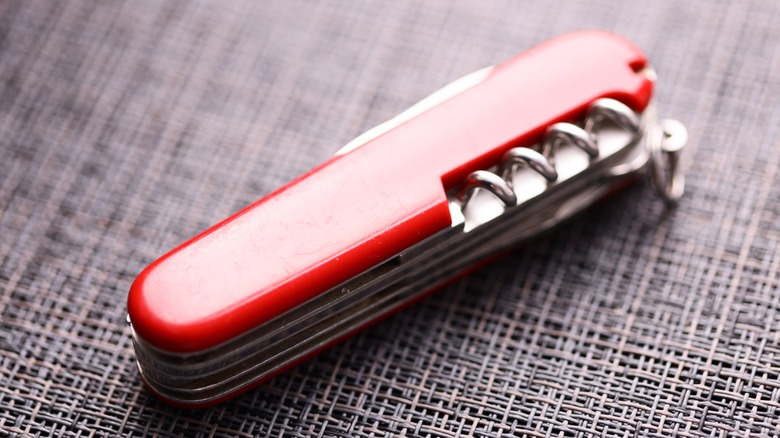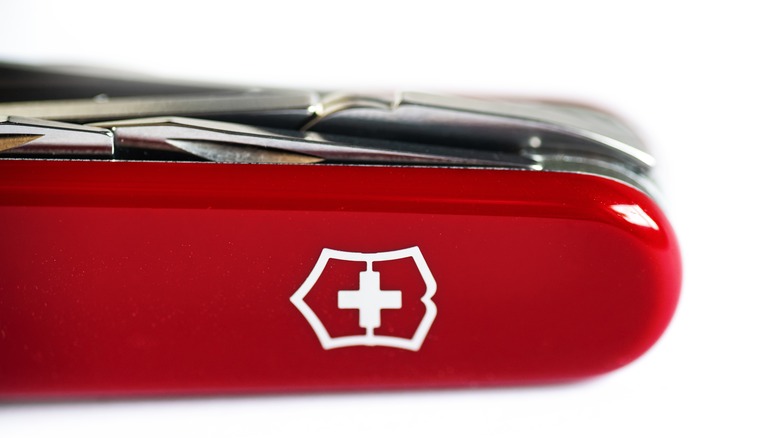Can You Get Arrested For Carrying A Swiss Army Knife?
A Swiss Army knife (SAK) is a trusted companion for many people with active or outdoorsy lifestyles. The device is easy to carry and very versatile, depending on the number of blades and tools it has. Its compact yet multifunctional design is what makes it useful in many situations, including opening packages and fixing equipment. However, despite its utility, carrying a SAK is not without risks. Since a SAK comes with many standard tools, such as blades, it can be regarded as a weapon, with owners potentially facing legal troubles depending on local laws.
A man in Japan learned the hard way that carrying a Swiss Army knife can lead to an arrest in his country. Defending himself in court, he explained that he always kept the folding pocketknife with him after receiving it as a gift as a precaution in case of natural disasters. However, the authorities rejected his justification, arguing that it's only reasonable to carry a SAK if a disaster has already happened. The man was not jailed, but he was fined for possession of a dangerous object.
Swiss Army knives are generally not classified as weapons in many countries. In Switzerland, the home of Victorinox, the maker of the popular multi-tool device, almost everyone owns one, even schoolchildren, because of its practical uses. In the United States, SAKs are also not classified as inherently dangerous, and thus, they are legal to carry in most places, and getting arrested for carrying one is rare, if not unheard of.
State laws about carrying a Swiss Army Knife
Owning a Swiss Army knife may not be illegal in the U.S., but carrying one is restricted in some places, including airports, schools, and government buildings. The Transportation Security Administration (TSA) has strict regulations about carrying Swiss army knives on planes. The agency prohibits the device in carry-on luggage, but allows it in checked baggage. Even so, the TSA officer at the checkpoint will be the one to determine if the particular SAK model can be allowed on the aircraft. Depending on the blades and other pointed tools it has, a SAK may be confiscated by the officer. Similarly, security personnel at schools and government facilities may screen for SAKs.
Apart from institutional restrictions, owning a SAK is subject to local laws since states have different rules regarding the possession of the popular pocketknife. For example, a 2016 California Supreme Court ruling indicated that a SAK is not categorized as a dirk or dagger, which means carrying it (openly or concealed) is not considered a felony under state law. Meanwhile, knives with blades measuring 4 inches or more are generally not permitted in New York. In Texas, blades up to 5.5 inches are allowed, making some SAK models legal to carry in public. To avoid legal troubles, it's best to check both the federal and local laws about carrying blades in public in your state. If questioned by authorities, you can always explain your purpose for carrying one or point out that it's not illegal to do so.

